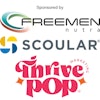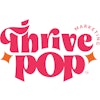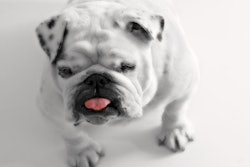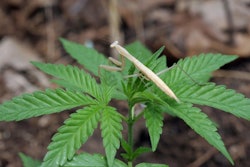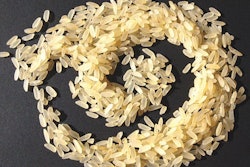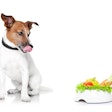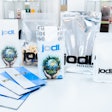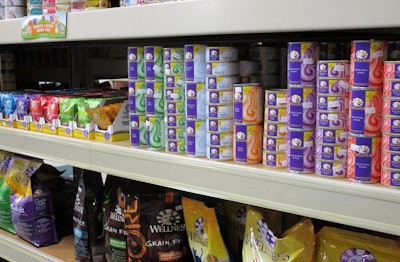
The Pet Sustainability Coalition (PSC) has announced a new partnership with Trayak, a software solutions company, to provide Coalition members with access to EcoImpact, a sustainable package and product platform.
The platform provides Comparative Packaging Assessment (COMPASS) using streamlined lifecycle assessments. Using COMPASS, PSC members can analyze individual, primary, secondary, transport packages and entire packaging systems to make better packaging design decisions that meet corporate sustainability goals.
“COMPASS has recently been listed in Walmart’s Sustainable Packaging Playbook as a way for suppliers to track and reduce their carbon footprint, and our members have already noted considerable financial savings from using the tool,” said Caitlyn Dudas, executive director at PSC, in a press release.
COMPASS is the most recent strategic partnership for PSC, an organization dedicated to bringing vetted tools to the pet industry. COMPASS will help PSC members incorporate environmental feedback in the early design process when considering different materials and concepts. This transparency will lead to better packaging decisions and measurable progress towards sustainability goals.
This partnership is the latest in a lineup of collaborative partnerships that are helping PSC realize its mission to transform the pet industry toward positive social and environmental impact while driving profitability for member companies.
Pet food packaging trends in the US
Pet food packages in the US are getting smaller, according to data released by GfK in fall 2016 (https://goo.gl/1c8AFE). The trend especially manifests in wet pet food. Sales of products in traditional cans or tins, while still predominating, declined in the US pet specialty channel – from 87 percent in 2011 to 83 percent last year for dog food and 96 to 92 percent for cat food, Maria Lange of GfK reported – as tray and pouch product sales grew from 2015 to 2016 alone by double-digits, except for dog food trays (and they increased 9 percent).
In 2015, a report on the US pet food packaging market by Food Safety Magazine forecasted pouches to rise 8.3 percent per year through 2018, compared to only 2.7 percent for cans. So the trend is not limited to pet specialty.
